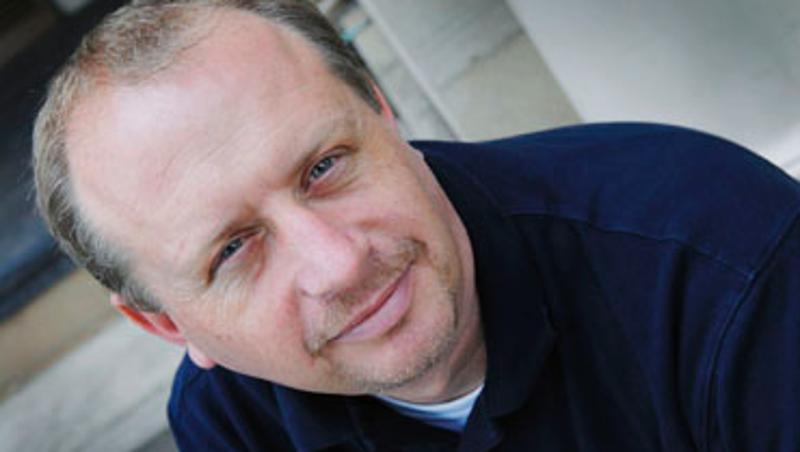
Given time, people who experience deep trauma such as that of the Sydney siege hostages can use the opportunity to grow, says trauma expert Associate Professor Jane Shakespeare-Finch from QUT's School of Psychology and Counselling.
Associate Professor Shakespeare-Finch said that while the hostages' predominant emotions at this time might range from, horror, hopelessness, terror and feelings of lack of safety and lack of control over themselves and their environment, they would have barely begun to process their ordeal.
"It is an incredibly difficult time. The people in the café have endured a horror that may change their lives forever," she said.
"But they need to be allowed to let their natural coping strategies kick in and use the support from their families and friends.
"They will now be going through police interviews and all those processes. They won't be able to process these events for quite some time."
Professor Shakespeare-Finch said they would be likely to have a lot of intrusive thoughts that will hit them between the eyes and flashbacks to their ordeal.
"Their whole bodies would have been in flight or fight mode. Some people can freeze and can't move. Toward the end the manager of the café was in fight mode, others ran as soon as they could.
"They will be easily startled, hyper-vigilant, and may find it difficult to relax or sleep. It will take time for the brain to process what's happened, to just be able to get to a place to say 'This has happened and accept I have been part of the situation."
She said the hostages could have nightmares, flashbacks, and intrusive thoughts and some might avoid cafes, that area of Sydney or other things that remind them of the event.
"How long it stays with people varies. For most, those intrusive thought will not stay forever. Even though their reactions are normal now these acute reactions usually dissipate after a month.
"If they haven't, that's the time to seek assistance. The vast majority of people move on and some find they can use a traumatic experience to grow."
Professor Shakespeare-Finch said the families and friends of the hostages would also be suffering from this ordeal.
"It has a massive ripple effect but in the first instance they need to look to their normal support systems."
QUT criminologist Associate Professor Mark Lauchs said it was important the Sydney siege not be elevated to a 'terrorist attack'.
"This is a deranged person running a hostage situation and is closer to the other hostage incidents we have seen in Queensland over the past two months," Professor Lauchs said.
"Coming from Iran, Man Haron Monis was most probably Shiite, highly unlikely to support IS, a Sunni group that attacks Shia.
"But this incident was not about religion and neither was it a terrorist attack, but given that perception by the paraphernalia Monis used."
Professor Lauchs said there had been two notable terrorist attacks in Australia - the Sydney Hilton Bombing in 1978 and the bombing of the Iwasaki Resort at Yeppoon near Rockhampton in 1980.
Media contact: Rose Trapnell, QUT media team leader, 07 3138 2361 or 0407 585 901 rose.trapnell@qut.edu.au


